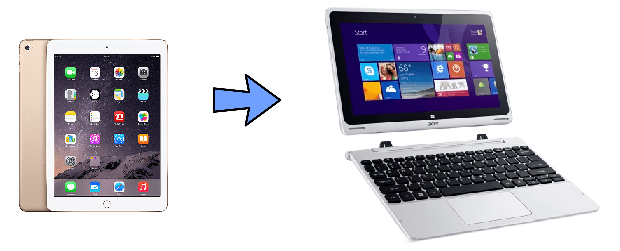International Data Corp.’s new report, IDC MarketScape: Worldwide Enterprise Mobility Management Software 2017 Vendor Assessment found that enterprise mobility management (EMM) software vendors are generally meeting most requirements of today’s enterprise mobile device and application management functions across the most relevant mobile operating systems (Apple iOS and Google Android).
However, unified endpoint management (UEM) capabilities in EMM platforms are mainly focused on Windows 10 management, although legacy Windows PC OS support is available by some EMM vendors.
The report also found that Mac OS management is growing, as well as Google’s Chrome OS.
IDC concluded that IT buyers who are looking at EMM software today are looking closely at solutions with future UEM and IoT capabilities in mind.
Phil Hochmuth, program director, Enterprise Mobility Research at IDC, said EMM is evolving beyond its original scope of mobile device, app, and content management. EMM platforms that will succeed in the short term, and survive long term, must meet all of today’s enterprise mobility requirements and be in position for the UEM/IoT future.





